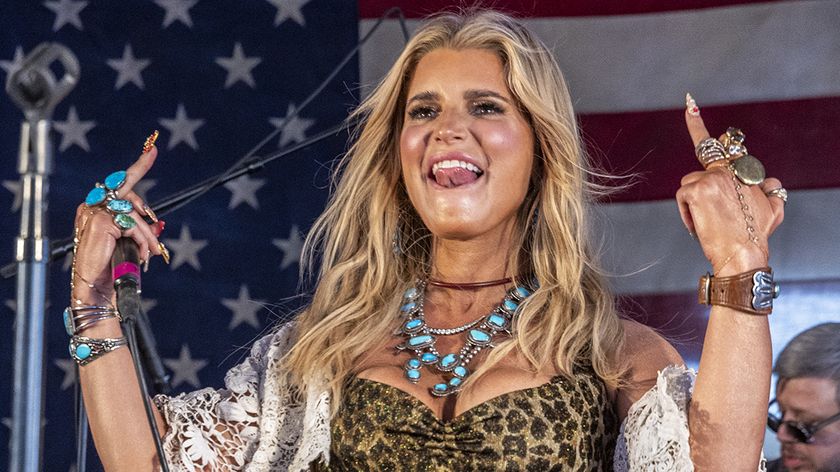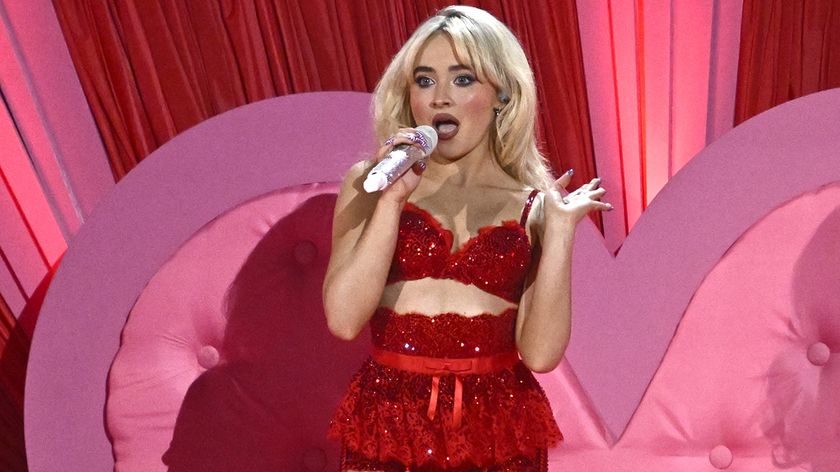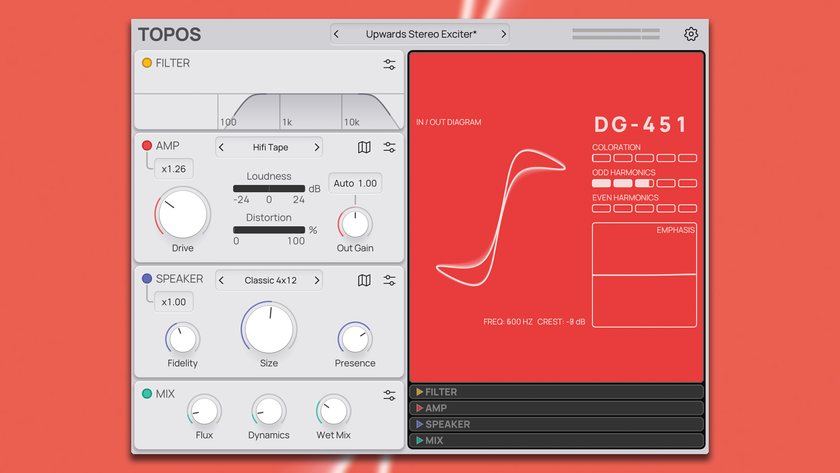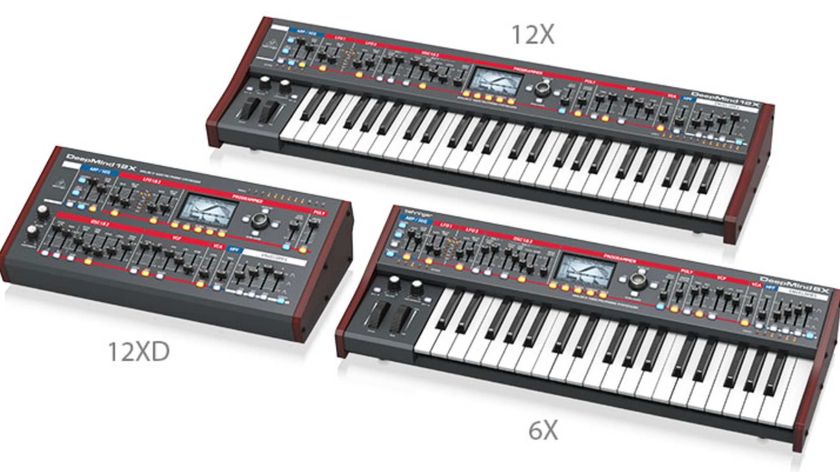Classic album: The Ballistic Brothers on London Hooligan Soul
Ashley Beadle takes us on a retrospective tour of the collaborative 1995 classic from Junior Boy’s Own
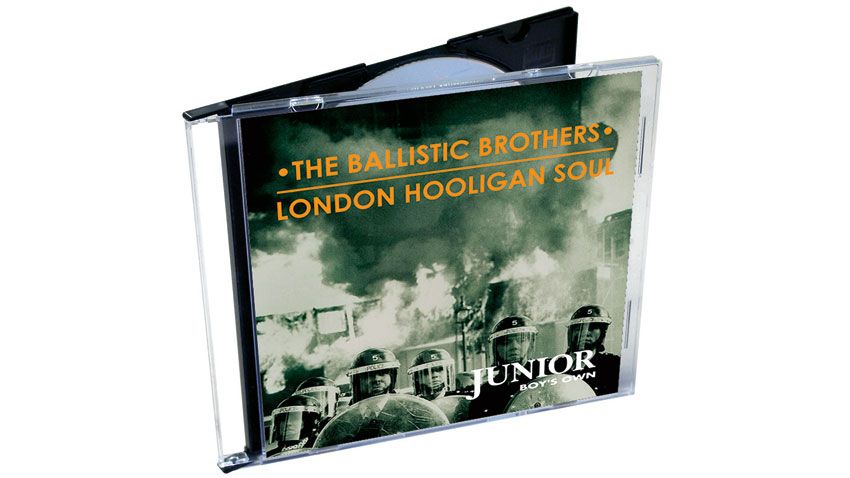
Your old man’s reggae collection. Away games in crisp new duds. Fresh wax from Honest Jon’s. It’s the mid-'90s, and The Ballistic Brothers (and one sister) are in State 51 studios in Bermondsey, reflecting on the times, and pouring it all into their debut long player, London Hooligan Soul. Part snapshot of the city right now. Part pooling of their collective musical school days, the album mixes up vintage ska, cutting-edge drum ’n’ bass, hip-hop sampling and loved-up vibes, effortlessly.
“It was like a stream of consciousness,” says Ashley Beedle, who along with Rocky, Diesel, Dave Hill, engineer Marc Woolford, and keyboard wizardette, Uschi Classen, made up the family band. “It was all about looking at our lives growing up, and all the different things that we were attached to, now - we were football casuals, soulboys, reggae heads, you name it. We were trying to fit all of that onto one album in the studio.”
State 51 also provided a safe space to explore downtempo vibes and breakbeats, as straight-up house music production had begun to dominate their lives - as X-Press 2, amongst other guises.
“Ballistics was just like an alternative to all that,” says Rocky. “We just wanted to make listening music, not strictly thinking about the dancefloor. I suppose it was a way of relaxing.”
Without the pressures of making club-rocking hits, the beats came with ease. They spent every day digging, and digging into, their record collections for inspiration.
“We’d all bring in tunes,” says Rocky. “Then we’d all have ideas and just start bouncing them around the room. If someone had a strong enough idea, then it was that one we went with.”
Beedle remembers well. “Oh yeah. We’d all meet in the studio with bundles of wax under our arms. It would inspire us to make music right then and there.
Get the MusicRadar Newsletter
Want all the hottest music and gear news, reviews, deals, features and more, direct to your inbox? Sign up here.
“We’d bang out a tune a day! They were amazing times. I couldn’t wait to get down the studio and work on that album. It was a lot of fun.” Music and memories, eh? A perfect combination.
Now read on, as Ashley takes us through the album, track by track.
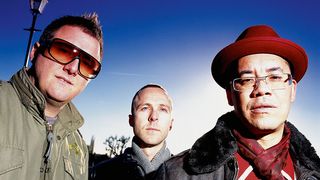
Portobello Cafe
“This track was an homage to Ladbroke Grove and the streets up and around Honest Jon’s record shop, where we would all hang out.
“A friend of ours, Steve Lucas, did vocals on this one. We just took snatches of him singing and treated it like a sample. That’s where our heads were at. I don’t think we were quite adept at sitting there and writing a song [laughs]. We were working so quickly as well. We were going in the studio and banging out these tracks in about a day. That whole vibe at the time was just having a laugh. It was fun. We’d all get down State 51 studios and just have a bit of a party.”
Come On
“This sounds to me like a Rocky idea - there’s an X-Press 2 vibe sneaking in. It’s a little bit house-y. He might have played the vibes-type riff, too. About halfway in, it gets a bit seasick [laughs]. It’s the way the synth goes. It’s like, ‘Woah! This is a bit wobbly’.
“Rocky might take lead on a track, but we all got a fair crack of the whip. It was a very organic time for us. If someone came up with an idea, we’d all just jump in and add our bits to it. I’m not a great keyboard player. I can put in a string line, or a little chord here and there. We left all that up to Uschi to do.”
Soho Cab Ride
“It sounds like a bit of a Diesel tune [laughs]. I’m trying to think who came up with the New York cabbie’s voice that you hear on this. It’s from a record. It makes it very cinematic. We’ve always been enamoured by the film Taxi Driver. That’s what’s shining through. It’s quite menacing.
“Back then, there was a lot of unrest in the country. We were tapping into that. It was the same with the album artwork - that picture was taken by Dave Hill at the Trafalgar Square Poll Tax riots. He was right in the middle of it. He was running from the Old Bill at the time.
“We were totally aware of our politics. It seeped into that album, without a doubt, as well.”
I'll Fly Away
“I never went out to make a drum ’n’ bass tune. It’s just that Dave Hill brought in this record with a drum break from the early 70s, but it sounded like drum & bass - we didn’t even timestretch it. It was taken off the record in its original form, and we just chopped it up.
“We went to Holloway Road, to a place called the Music House, which was where all the drum ’n’ bass and reggae guys would go to get their dubplates cut. We wanted to get this cut to give to Fabio and Bukem, who had their club night, Speed. When we did, the reaction was fantastic. We got a lot of love from the whole drum ’n’ bass fraternity.”
Jah Jah Call You
“This would have definitely come from Dave’s end or mine, because we were the collectors of reggae. I can’t remember where the sample came from. I do remember that we were doing really minute chops in the sampler, though, to make it into what the full track was. The Nyabinghi drums might have been from Count Ossie or Ras Michael, you know what I mean? We would just take hits and replay them and stuff.
“I loved reggae. Growing up, there would always be ‘blues parties’ [a ‘pay the host’ get-together held in a house]. You’d hear the bass coming through the walls [laughs]. That was my introduction. Then I got into sound systems. Then we all went from reggae into rare groove, then hip-hop and house.”
Mark’s Lude
“Marc Woolford was our engineer. It was very much like, ‘Would you like to do a tune for the album?’ So he got a little riff going, a little groove, and off he went. It’s called Mark’s Lude, as in ‘interlude’. Was it anything to do with Quaaludes? Ha! I don’t know, maybe we were al-luding to that [laughs].
“This is just a short one. It just resets the tone a bit. At the time, Marc was quite a part of what we were doing in the studio. We wanted just to give him a bit of space to do his thing. I think he does yoga teaching in India now [laughs]. I think we tipped him over the edge.
“He was very aware of my love of dub techniques and he employed them on the album. I’d play him a bit and impart what I wanted and he’d go, ‘Oh yeah’. And get it going on the mixing desk, and then set the controls to the heart of the sun, and off we’d go.”
Was it anything to do with Quaaludes? Ha! I don’t know, maybe we were al-luding to that.
I Don't Know
“This samples some new age record. We were digging everywhere. We were pulling out mad shit. We used to have the decks set up in the studio and sample directly into the Akai, then Marc would trim it for us. And we’d go, ‘Oh yeah. That’s it. That’s what we want!’ Then we’d run it onto the keyboards, punch it and play around with it, or play the whole sample in.
“A lot of the bass sounds were from the Juno-106. Then we had this module that we got all our keyboard sounds from. The M1 was in there. The ‘worm’ lead. All that kind of stuff. Then we ran that onto a master keyboard.”
Sister Song
“We were all big fans of Latin and Brazilian music, so wanted that vibe. It features Amy Simmons, our flute player. She came in the studio when we needed her to play live. There are lots of layers in this track. Rocky and myself were quite adept at the drum sections. We would layer up all our stuff and just get busy.
“It was a stomper to play out, too. Not that we played out much as The Ballistic Brothers. We were doing lots as X-Press 2 - myself, Rocky and Diesel. And I was off doing gigs on my own, as well. We were a bit of an enigma - an album band [laughs].”
A Beautiful Space
“We made this as an homage to Ibiza. It was dreamt up by Rocky and Diesel. They were going before I was.
“When we were in the studio, we wanted to capture some of that vibe and build a track like the kind of tracks people like Alfredo and those big Balearic DJs would play.
“The track opens with some big piano house chords. That would have been Rocky’s idea, which Uschi would have translated. I was reading to see what people had been saying about this track online in preparation for this interview and someone had written that Diesel plays acoustic guitar on it [laughs]. He’s never played acoustic guitar in his life! It was a sound played on the keyboard.”
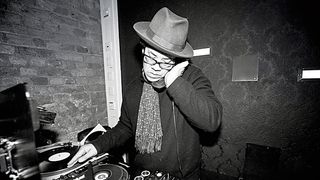
Steppin’ Into Eden
“This is quite drum ’n’ bass-y. It was a follow up to I’ll Fly Away. It came out on the b-side.
“It all came together very quickly. The whole album took a coupla weeks, too. We were working incredibly fast. Not just on The Ballistic Brothers thing, but everything we were doing. We were just going at the speed of light with stuff. If something was happening that we liked, we could explore that sound. We wore our engineer out. As soon as we were happy with a track, we moved on to the next one. We weren’t hanging about. I take a bit more time over things now, but I can still do a mix in one day [laughs].”
Peckings
“Dave Hill used to live near the shop, Peckings Records, which was down Askew Road in Shepherd’s Bush. It’s still there. It’s a reggae shop specialising in old Studio 1 and Treasure Isle. This tune was a tribute to the records there. It came together really well. Me and Marc constructed it. It was another case of micro-sampling. Taking all these ska and rocksteady records and chopping bits out of them.
“We’d take a hit from one, a horn stab from another. Then put the whole thing together to make something new. We were dedicating hip-hop production techniques to ska and rocksteady records [laughs].
“This was a definite high point in the album. Once again, the love we got for this record from other people was fantastic. Even to this day.”
Uschi’s Lament
“Uschi Classen, our keyboardist. This was hers. It was a follow on from something we had on the first EP - Uschi’s Groove. We said, ‘Here you go, Uschi. Time for you to make another track’. And off she went.
“She was great to work with and very much part of the group. I know we were called The Ballistic Brothers, but Uschi would always get left out of the equation when people talked about us. That really annoyed me. Maybe we should have called it The Ballistic Brothers Plus 1 Sister. In some respects, she was a bit of a musical director for us. Along with Marc she helped construct the tracks.
“Why end on this track? We just thought, ‘Yeah. Let’s put that one at the end’, you know what I mean? [laughs].”
Head to the Beedle Bandcamp page for the latest productions from the UK dance legend.


Future Music is the number one magazine for today's producers. Packed with technique and technology we'll help you make great new music. All-access artist interviews, in-depth gear reviews, essential production tutorials and much more. Every marvellous monthly edition features reliable reviews of the latest and greatest hardware and software technology and techniques, unparalleled advice, in-depth interviews, sensational free samples and so much more to improve the experience and outcome of your music-making.

"Reggae is more freeform than the blues. But more important, reggae is for everyone": Bob Marley and the Wailers' Catch a Fire, track-by-track

“Part of a beautiful American tradition”: A music theory expert explains the country roots of Beyoncé’s Texas Hold ‘Em, and why it also owes a debt to the blues


